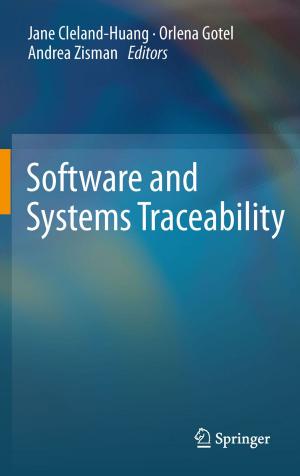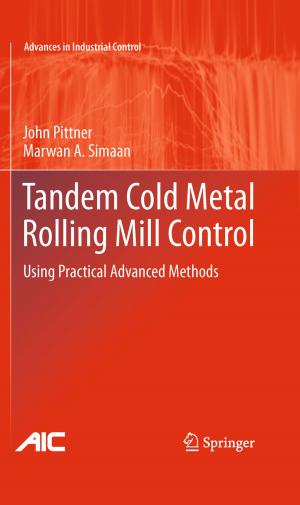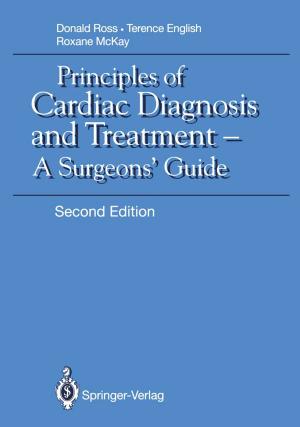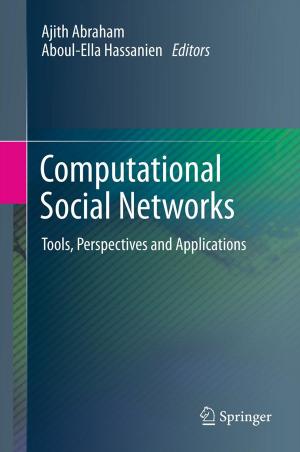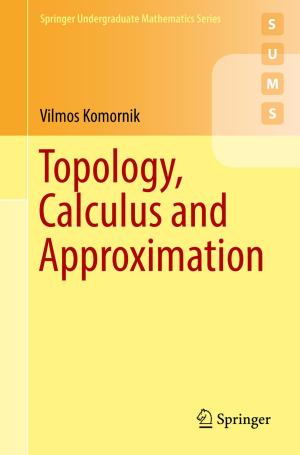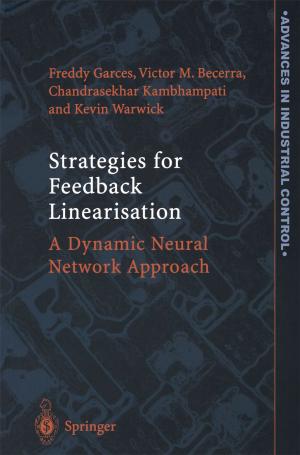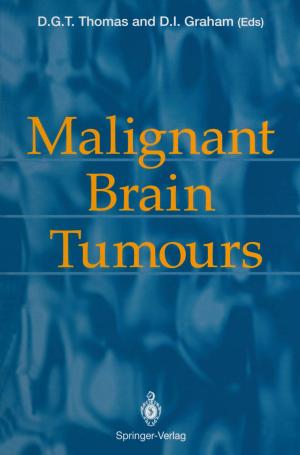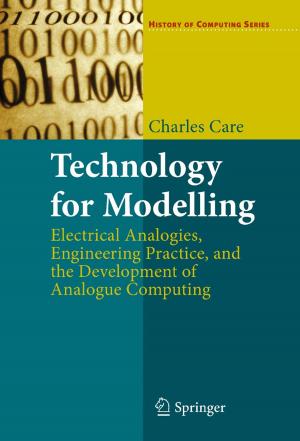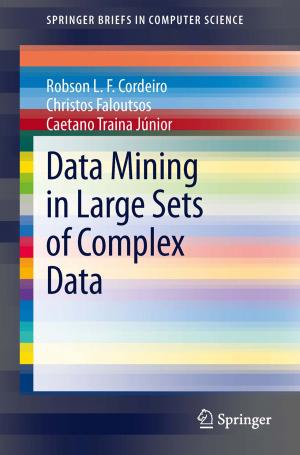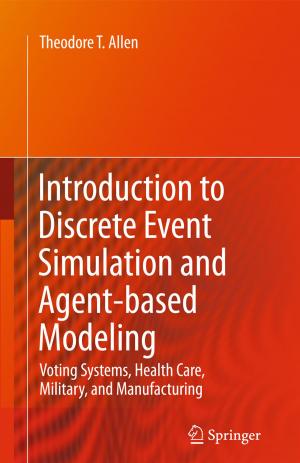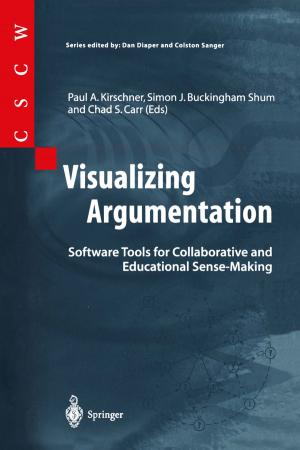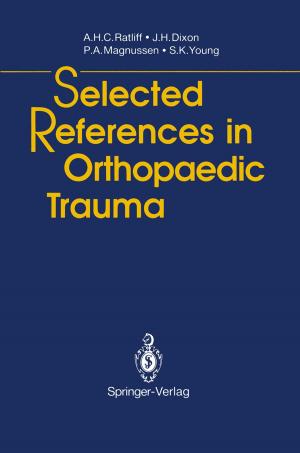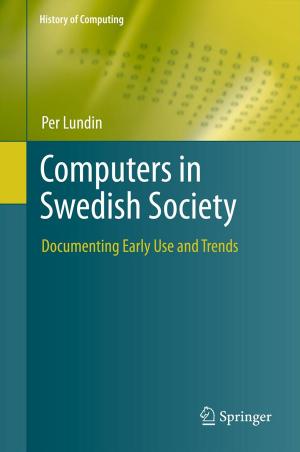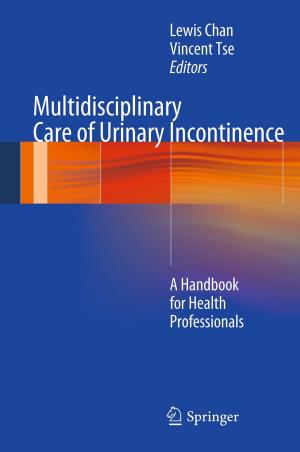MRI for Radiographers
Nonfiction, Health & Well Being, Medical, Medical Science, Diagnostic Imaging, Biochemistry| Author: | Philip T. English, Christine Moore | ISBN: | 9781447134039 |
| Publisher: | Springer London | Publication: | December 6, 2012 |
| Imprint: | Springer | Language: | English |
| Author: | Philip T. English, Christine Moore |
| ISBN: | 9781447134039 |
| Publisher: | Springer London |
| Publication: | December 6, 2012 |
| Imprint: | Springer |
| Language: | English |
One of the most important developments in diagnostic imaging over the last decade has been magnetic resonance imaging (MRI). Its ability to differentiate between tissues and give patholog ical information about diseases has led to earlier treatment, thus increasing the likelihood of recovery. The images produced using this technique give superb anatomical detail in any plane and are obtained without the use of ionising radiation. The increased use of MRI has presented radiographers with a number of challenges, and because we are no longer dealing with ionising radiation understanding the subject can some times be confusing. We hope that this text will help radiographers and student radiographers to further their knowledge and unravel the mysteries of MRI. Philip T. English Christine Moore Contents 1 Basic Principles . . . . . . . . . 1 History ..... . 1 Atomic Theory . . 1 Magnetic Theory . 2 Resonance 4 Relaxation. . . . . 5 2 Instrumentation........ 9 The Magnet .. 9 Shim Coils ........... . 12 Gradient Coils ......... . 13 RF Transmitter/Receiver Coils. 14 The Computer . . . . . . . . . 18 3 Pulse Sequences. . . . . . . . . 19 Saturation Recovery (Partial Saturation) 19 Spin Echo (SE) . . . . . . . . . . . . . 20 Multiple Spin Echo. . . . . . . . . . . 22 Fast Spin Echo (FSE) or Turbo Spin Echo (TSE). 23 Inversion Recovery (IR) . . . . . . . . . . . . . 26 Gradient Echo .................. . 28 Magnetisation Transfer Contrast Imaging (MTC) 34 4 Image Production. . . . . . . .
One of the most important developments in diagnostic imaging over the last decade has been magnetic resonance imaging (MRI). Its ability to differentiate between tissues and give patholog ical information about diseases has led to earlier treatment, thus increasing the likelihood of recovery. The images produced using this technique give superb anatomical detail in any plane and are obtained without the use of ionising radiation. The increased use of MRI has presented radiographers with a number of challenges, and because we are no longer dealing with ionising radiation understanding the subject can some times be confusing. We hope that this text will help radiographers and student radiographers to further their knowledge and unravel the mysteries of MRI. Philip T. English Christine Moore Contents 1 Basic Principles . . . . . . . . . 1 History ..... . 1 Atomic Theory . . 1 Magnetic Theory . 2 Resonance 4 Relaxation. . . . . 5 2 Instrumentation........ 9 The Magnet .. 9 Shim Coils ........... . 12 Gradient Coils ......... . 13 RF Transmitter/Receiver Coils. 14 The Computer . . . . . . . . . 18 3 Pulse Sequences. . . . . . . . . 19 Saturation Recovery (Partial Saturation) 19 Spin Echo (SE) . . . . . . . . . . . . . 20 Multiple Spin Echo. . . . . . . . . . . 22 Fast Spin Echo (FSE) or Turbo Spin Echo (TSE). 23 Inversion Recovery (IR) . . . . . . . . . . . . . 26 Gradient Echo .................. . 28 Magnetisation Transfer Contrast Imaging (MTC) 34 4 Image Production. . . . . . . .

